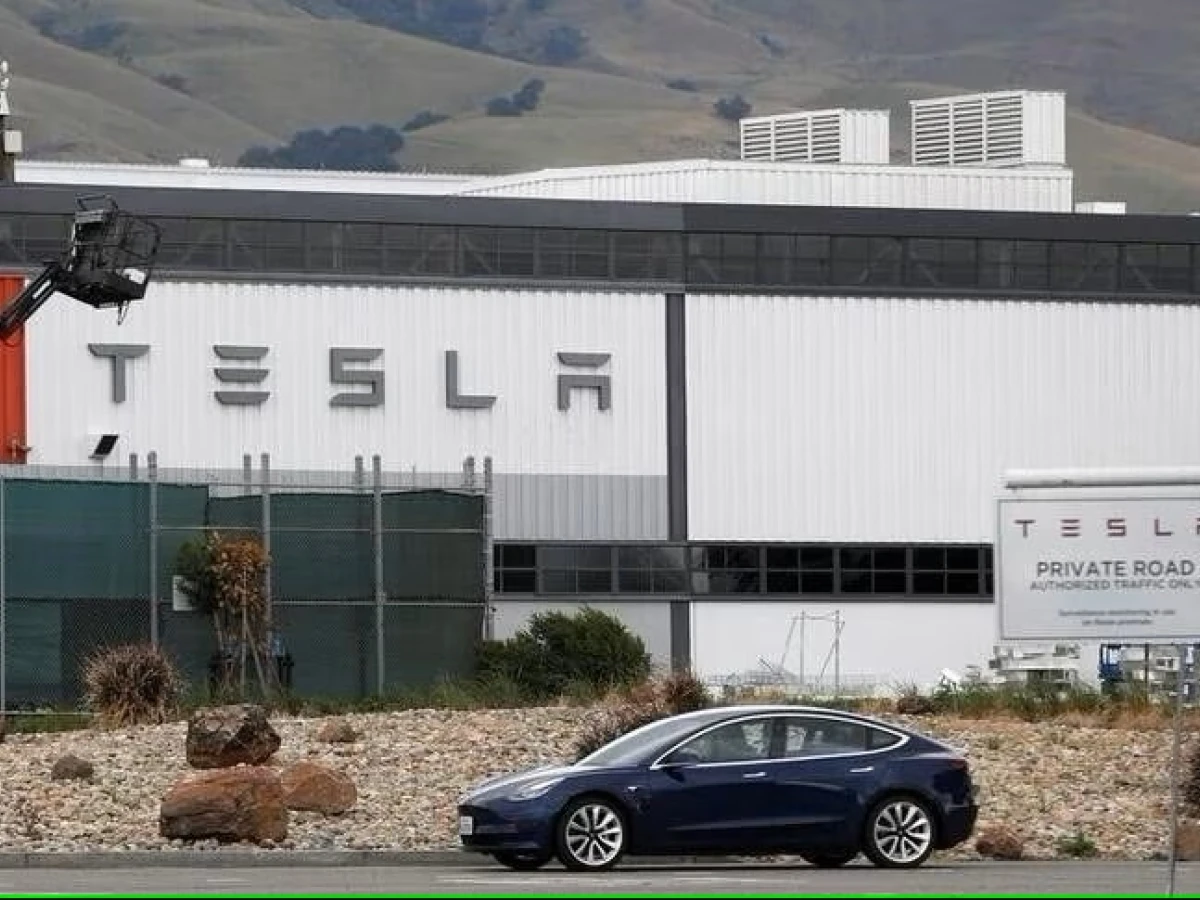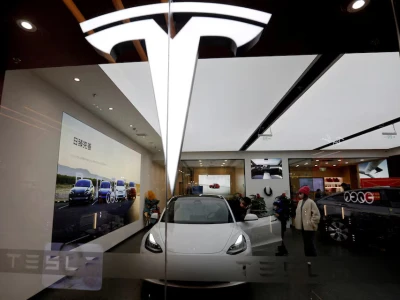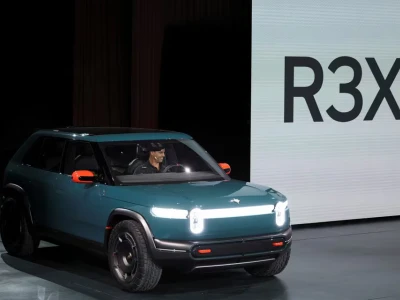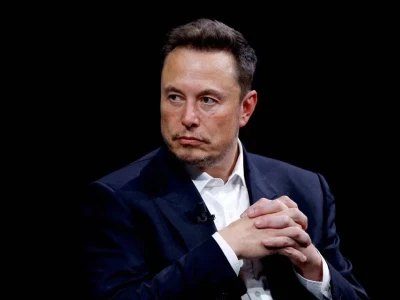
How Tesla 'won' a $3 million fine for race discrimination
The company has faced (and settled) similar allegations in dozens of cases.
(Reuters) - A recent trial and $3.2 million verdict against Tesla Inc for race discrimination against an ex-employee was arguably a win for the electronic car maker, which was accused of creating a "plantation-mentality workplace" in Fremont, California.
Tesla convinced a jury on April 3 to give the award to Owen Diaz, a Black ex-worker who previously won $137 million in the case from another set of jurors.
Diaz alleged widespread racial harassment at the plant, including allegations that co-workers frequently used slurs and drew sketches of a "pickaninny" and swastikas in the workplace. He also claimed that the company failed to act when he repeatedly complained to managers.
The $3.2 million verdict was low, considering the amount of the previous award and the nature of the racist harassment for which the first jury had already found Tesla liable. The verdict breakdown was $175,000 for emotional distress and nearly 20 times that amount, or $3 million, in punitive damages. Both sides are expected to appeal.
In my view, Tesla successfully leveraged racial stereotypes to defend itself against claims of race discrimination, and engaged in problematic trial tactics along the way to get a much more favorable result.
Tesla didn’t respond to my questions for this column. The company has said it does not tolerate discrimination.
A look at the retrial transcripts shows a number of noteworthy examples. Indeed, over the course of the trial, U.S. District Judge William Orrick commented that Tesla asked "unfair" questions, "clearly irrelevant" questions, and others that simply went "too far." Orrick even commented that the company's inquiries were somewhat like asking a defendant “when did you stop beating your wife?”
Perhaps most worrisome, Tesla’s attorneys accused Diaz himself of making sexual and racially harassing comments to a Latino co-worker – without any meaningful evidence.
The notion that Diaz himself was guilty of discriminatory behavior was "brought up for the first time in eight years yesterday," and was "irrelevant to the jury's consideration" of Diaz's remedy, Orrick said on March 31. The judge sustained Diaz's objections to those accusations and instructed the jury to disregard the unfounded suggestions.
But the damage was likely already done.
Tesla also repeatedly raised Diaz’s criminal record from the 1980s, even though Orrick had instructed lawyers to stay away from that issue.
Diaz's attorneys described Tesla's arguments in court as stereotypes and “race-baiting” that sought to undermine the previous jury’s findings by reframing the case as a minor “conflict between Latinos and African Americans." They even took the unusual step of moving for a mistrial and sanctions against Tesla, but Orrick denied those motions without much explanation.
A spokesperson in Orrick's chambers at the District Court for the Northern District of California said Orrick would not comment while the case remained active.
Alex Spiro, one of the lawyers who represented Tesla, told me that it isn't necessarily inappropriate to attack witnesses' character.
"Trials are a test of credibility. That's the point," Spiro said. Spiro didn't address specific questions about Tesla's broader strategy.
Lawrence Organ, a lawyer for Diaz, declined to comment. Organ described the company's strategy as an "attack defense" after the jury verdict was announced.
During the retrial, Tesla accused Diaz of lying about the discrimination he faced, arguing that he tried to deceive the jury "for more money." Orrick, who didn't specifically call out Tesla for its maneuver on retrial, had previously reprimanded Tesla in a 2022 ruling for making the same accusation although “it can point to no evidence” and “did not impeach Diaz’s credibility.”
Allegations of a plantation-style workplace in Tesla's Fremont facility are not unique to Diaz’s case, despite the company's forceful denials.
The company has faced (and settled) similar allegations in dozens of cases and in an investigation by the U.S. Equal Employment Opportunity Commission.
A three-year investigation and pending class action by California’s Department of Fair Employment and Housing also notes that Black and white employees alike call the factory the “slaveship” or “plantation.”
I spoke with Teri McMurtry-Chubb, a professor at the University of Illinois Chicago School of Law, about why Tesla might have "won" the dispute despite its apparent disadvantages. McMurtry-Chubb wrote a 2021 book, "Race Unequals," on plantation-era labor dynamics.
“This trial is sort of our reckoning for refusing to grapple with the plantation as the template for modern corporate management,” she said.
A key incident provided an apt example.
One of Tesla’s witnesses explained the racist sketch at issue as a matter of competition — a message that one team outperformed another.
"That explanation is "rooted in this idea that discriminatory behavior and offensive caricatures should motivate" certain employees, McMurtry-Chubb said.
Here's what the judge in his 2022 ruling had to say about Tesla's practices: “Not only does the evidence support a finding of” discrimination, “it supports a finding that Tesla intentionally built an employment structure that allowed it to take advantage of Diaz's (and others’) labor for its benefit while attempting to avoid any of the obligations" employers owe employees.
Despite all this, Tesla was able to preserve its interests in Diaz's trial.




